The travel landscape is undergoing a profound transformation as we move into 2024, driven by a collective shift in values and a redefinition of what constitutes a meaningful journey. The era of passive, checklist tourism is fading, making way for a more conscious, immersive, and personalized approach to exploring our world. This evolution is not merely about new destinations appearing on the map; it is a fundamental change in the how and why we travel. Fueled by a post-pandemic desire for deeper connection and a growing awareness of our environmental and social footprint, travelers are seeking experiences that enrich the soul, challenge the body, and positively impact the places they visit.
One of the most significant trends set to dominate 2024 is the rise of slow travel. This philosophy rejects the frantic pace of whirlwind tours in favor of a more deliberate and immersive experience. It’s about quality over quantity, depth over breadth. Instead of hopping between six European capitals in ten days, the slow traveler might rent a cottage in a single region of Portugal for a fortnight, truly getting to know the local baker, the vineyard owner, and the rhythm of daily life. This approach minimizes the environmental toll of constant transportation and allows for a more authentic cultural exchange. It’s travel that prioritizes connection—to a place, its people, and its culture—on a much more profound level.
In parallel, the concept of set-jetting has evolved beyond simply visiting filming locations from popular shows. In 2024, it’s morphing into a more sophisticated form of narrative travel, where destinations are chosen based on the rich stories and historical epochs they represent. The phenomenal success of shows like Shōgun is sparking a surge of interest in Feudal Japan, with travelers heading to destinations like Himeji Castle and the ancient streets of Kyoto to walk in the footsteps of samurai. Similarly, the culinary and emotional landscapes depicted in shows like The Bear are driving food enthusiasts to explore the authentic, deep-dish heart of Chicago beyond the typical tourist trail. This trend is about living inside a story, using media as a deeply researched, visceral guidebook to another time and place.
The thirst for unique and challenging experiences is also giving rise to surge travel. This involves planning entire trips around a specific, often fleeting, natural phenomenon or major global event. Unlike traditional travel, it requires flexibility, spontaneity, and a willingness to chase wonder. In 2024, the total solar eclipse crossing North America is a prime example, with hotels and viewing experiences along the path of totality booked solid months, if not years, in advance. Similarly, the anticipated peak of the Aurora Borealis in its 11-year solar cycle is drawing adventurers to Arctic frontiers in Norway, Iceland, and Canada, hoping to witness the night sky ablaze with color. This is travel driven by celestial calendars and a once-in-a-lifetime mentality.
Furthermore, the integration of artificial intelligence into the travel planning process is becoming seamless and indispensable. However, the 2024 trend is not about letting an AI plan your entire trip. Instead, savvy travelers are using it as a hyper-efficient, personalized concierge. AI-powered apps can now cross-reference a user’s preferences—be it a love for mid-century modern architecture, vegan food, or hidden hiking trails—with real-time data on local events, weather, and crowds to suggest truly bespoke itineraries. It can book a table at a hard-to-get-into restaurant the moment a cancellation appears or suggest an alternative museum when your first choice is unexpectedly closed. This technology is removing friction and serendipity’s obstacles, allowing for a smoother, more personalized journey.
On the destination front, the spotlight is shifting towards secondary cities and underrated regions. Travelers are actively seeking to escape the overtourism and high costs of classic hubs like Paris, Venice, and Bangkok. Instead, they are flocking to culturally rich but less congested alternatives. In Italy, the coastal villages of Puglia and the culinary haven of Bologna are drawing those in the know. In Southeast Asia, Vietnam's coastal town of Da Nang and the highlands of Lombok in Indonesia offer stunning beauty without the crowds of their more famous neighbors. This dispersal is a healthy trend for the global tourism ecosystem, distributing economic benefits more widely and offering a more relaxed and genuine experience for visitors.
Finally, the imperative for sustainable and regenerative travel has moved from a niche concern to a mainstream expectation. Travelers in 2024 are not just looking to minimize their harm ("sustainable") but are actively seeking ways to leave a place better than they found it ("regenerative"). This translates to concrete actions: choosing hotels with verifiable green certifications, participating in conservation-focused tours like coral reef restoration in Belize or tree-planting initiatives in the Amazon, and prioritizing travel companies owned by and benefitting local communities. The modern traveler is a stakeholder in the preservation of the destinations they cherish, understanding that their choices directly impact the future of these precious places.
In conclusion, the travel ethos of 2024 is characterized by intentionality, depth, and a sense of responsibility. It is a move away from superficial sightseeing and towards transformative experiences that foster a genuine connection with our planet and its inhabitants. Whether it’s by immersing oneself in the slow rhythm of a foreign town, chasing the awe of a celestial event, or using technology to craft a perfect day, the modern journey is deeply personal. The new map of travel is not defined by borders, but by values—and it promises richer, more rewarding adventures for those who choose to explore it with curiosity and care.

By /Aug 22, 2025

By /Aug 22, 2025

By /Aug 22, 2025

By /Aug 22, 2025
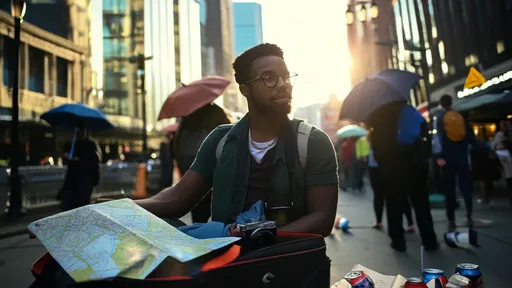
By /Aug 22, 2025
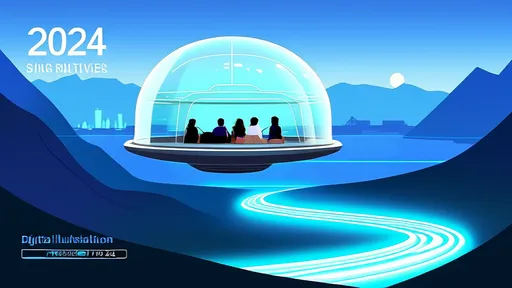
By /Aug 22, 2025
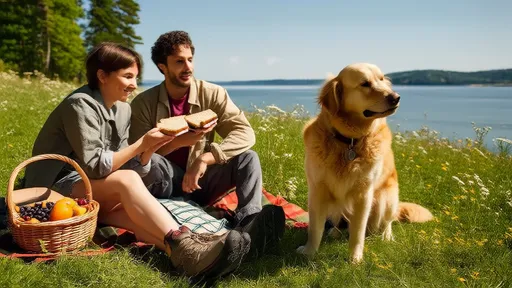
By /Aug 22, 2025
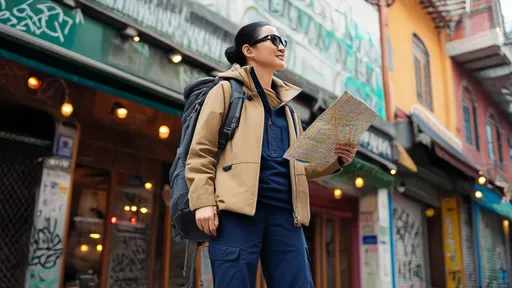
By /Aug 22, 2025

By /Aug 22, 2025

By /Aug 22, 2025

By /Aug 22, 2025

By /Aug 22, 2025

By /Aug 22, 2025

By /Aug 22, 2025

By /Aug 22, 2025
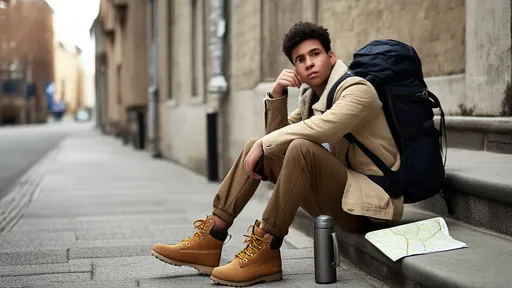
By /Aug 22, 2025

By /Aug 22, 2025

By /Aug 22, 2025
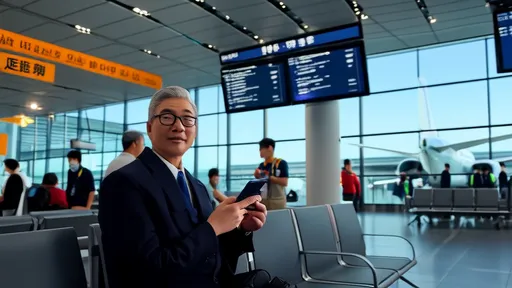
By /Aug 22, 2025

By /Aug 22, 2025